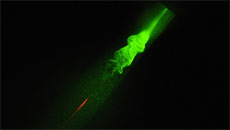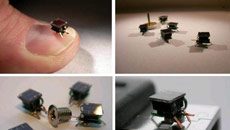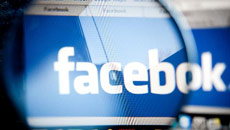A computer developed by the University of Wisconsin-Madison (UWM) has proved that it is better than scientists at extracting data from scientific publications and placing it in a database amongst thousands of other results.
“We demonstrated that the system was no worse than people on all the things we measured and it was better in some categories," said Christopher Re, lead researcher from Stanford University.
The machine reading system named “PaleoDeepDive” competed with scientists to manually enter data into the Paleobiology Database.
The database, compiled by hundreds of researchers, is the destination for data from all palaeontology studies.
“PaleoDeepDive” mirrored the human activities needed to assemble the Paleobiology Database.
“We extracted the same data from the same documents and put it into the exact same structure as the human researchers, allowing us to rigorously evaluate the quality of our system and the humans," said Shanan Peters from the UWM.
Compiling the data, “PaleoDeepDive” could extend and improve results quickly as new information was added while humans had to go back to the library and re-examine original documents constantly.
“The development marks a milestone in the quest to rapidly and precisely summarize, collate and index the vast output of scientists around the globe,” Peters added.
"Ultimately, we hope to have the ability to create a computer system that can read a bunch of papers, arrange a bunch of facts and relate them to one another in order to address big questions,” he said.
The results were published in the journal PloS One.





